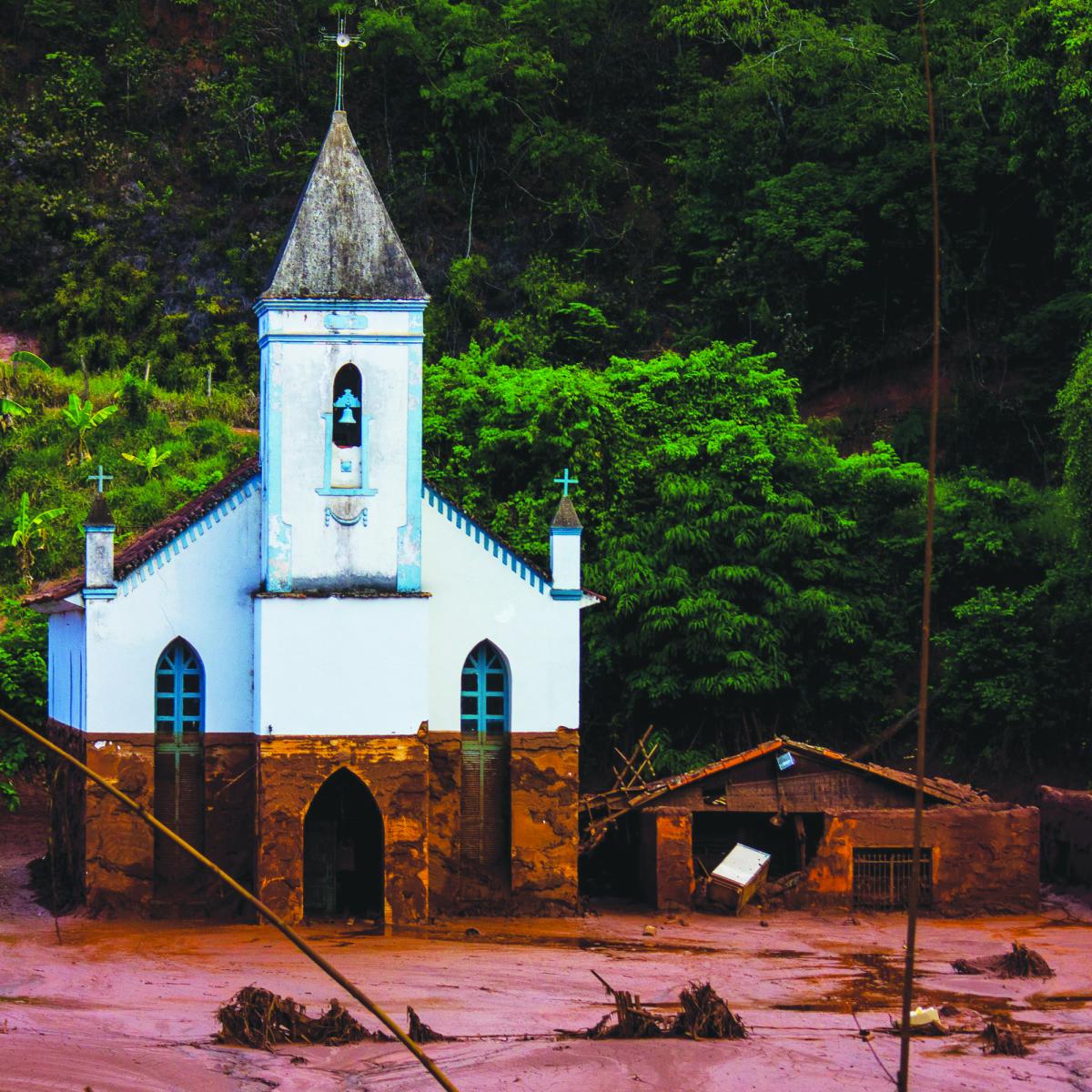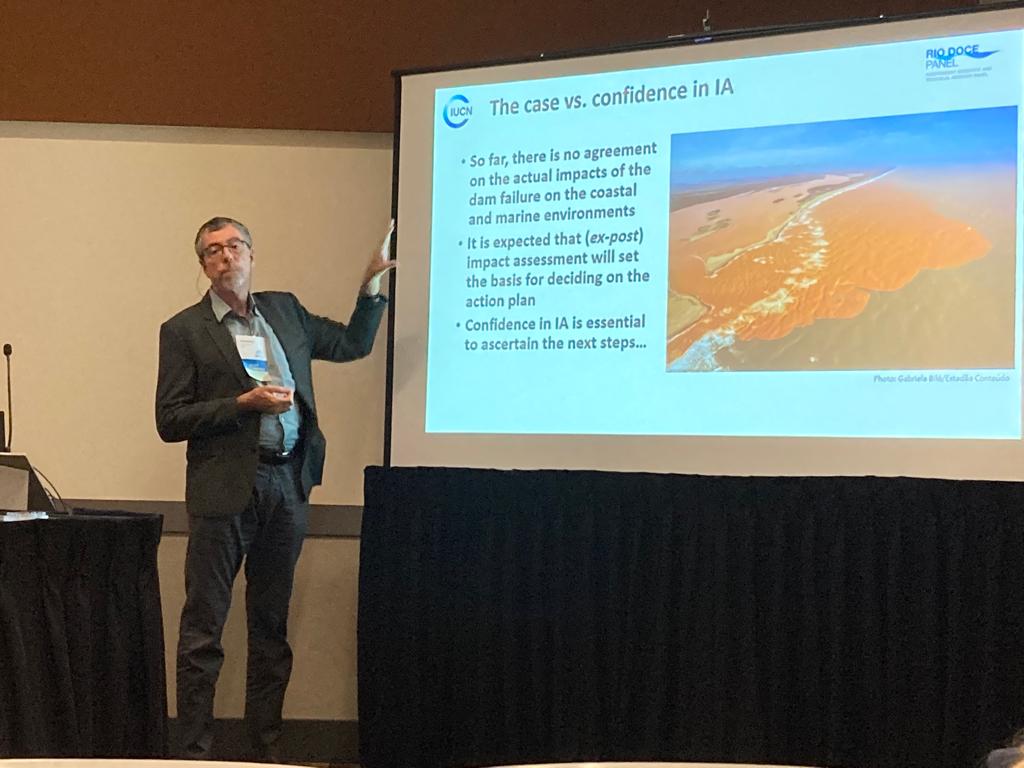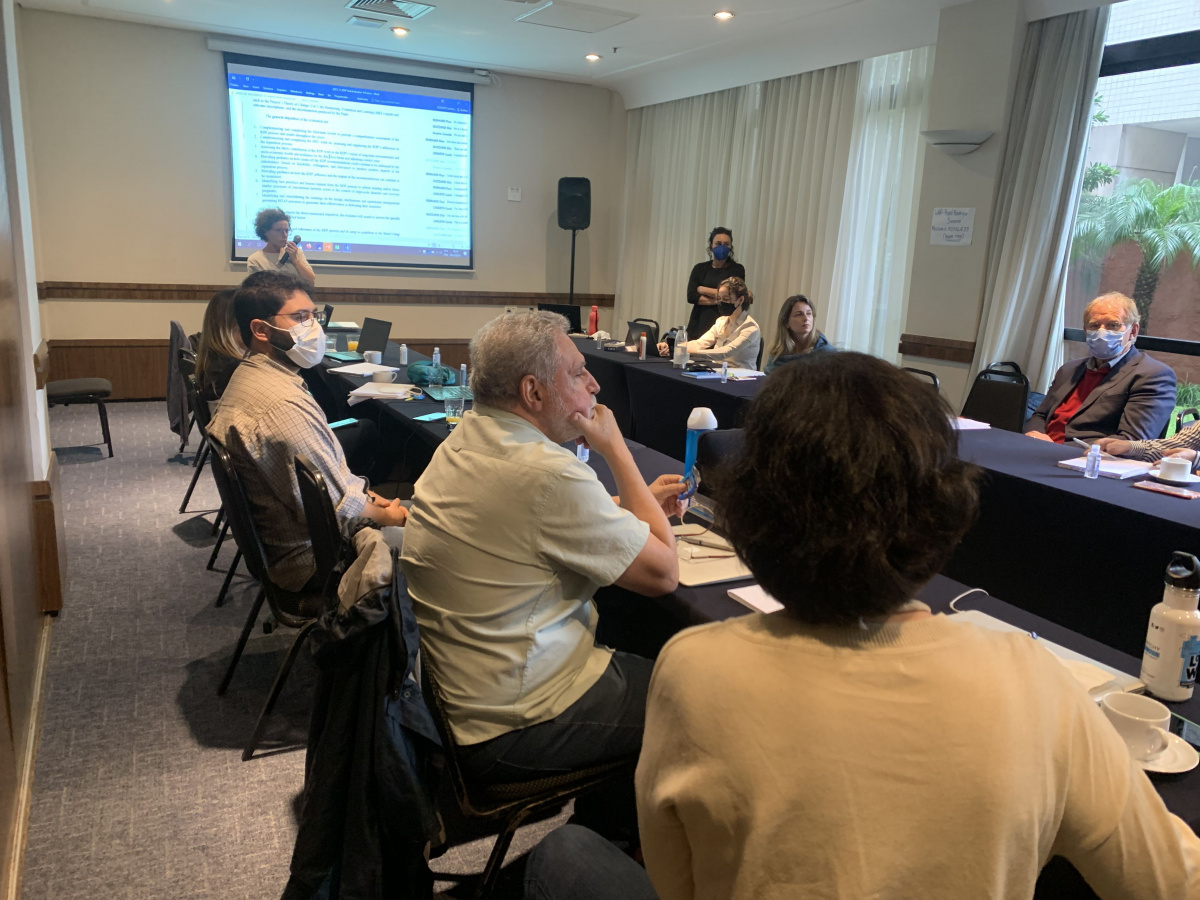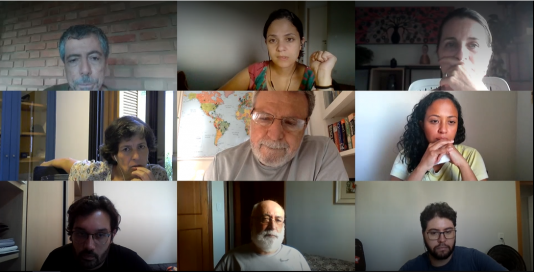A comprehensive study on the impacts of Fundão Dam failure is critical for the Rio Doce Basin’s recovery, says IUCN-led panel of experts
Belo Horizonte, MG, Brazil, 30 September 2019 (IUCN) — After nearly four years, the environmental and social impacts caused by the Fundão Dam failure, where 39 million m³ of mineral waste spilled into the Rio Doce Basin, are still not fully understood, according to a new paper published by an independent expert panel advising the Renova Foundation, institution responsible for restoration actions.

Photo: © Flicker/ Caio Santo
In conjunction with the emergency measures taken in the months following the disaster, a rapid assessment of the impacts was conducted, and this served as a basis for informing the recovery and compensation programmes currently being implemented by the Renova Foundation. However, a comprehensive and in-depth analysis of all of the impacts is crucial in order for Renova to effectively monitor and report on these efforts, says the Rio Doce Panel.
In the latest paper, A framework for assessing the social and environmental impacts of disasters — ensuring effective mitigation after the collapse of the Fundão Dam, the Panel proposes that the Renova Foundation adopt a more systematic framework to facilitate the collection and analysis of essential data and information related to the impacts from the dam's collapse. Such analysis would signal any potential threats to the recovery efforts underway as well as show where any additional measures or changes might be required.
Led by Professor Luis E. Sánchez, the paper builds on earlier Panel recommendations to the Renova Foundation in the 2018 report, Impacts of the Fundão dam failure: A pathway to sustainable and resilient mitigation. In that report, the Panel pointed out the importance of developing a comprehensive assessment of the impacts of the dam failure and recommended appropriate indicators be adopted.
The new paper provides guidance for undertaking a comprehensive impact assessment and describes the steps involved, including mapping the impacts as well as their spatial and temporal distribution, characteristics and links to on-going recovery programmes.
As Professor Sánchez explains, the results generated by applying the impact assessment framework will be important for the evaluation of the mitigation programmes. These results will also provide relevant information for decision-making, not only at Renova but also for public authorities and other actors involved in the Rio Doce Basin’s recovery process.
“The proposed assessment framework will provide information on both the direct and indirect effects of the Fundão dam collapse as well as on the cumulative effects of past and present human actions in the Basin and adjacent coastal zone. Having better knowledge about these cumulative effects is essential for addressing potential threats to the current rehabilitation and recovery programmes,” says Professor Sanchez.
Yolanda Kakabadse, chair of the Rio Doce Panel, added that such a comprehensive assessment is of paramount importance for the long-term recovery of the Rio Doce Basin.
"In the future, this will make it possible for Renova to evaluate with greater clarity the effectiveness of the efforts being taken today, and measure the results that have been achieved in a more assertive way,” says Ms Kakabadse.
The Rio Doce Panel comprises national and international experts, who bring together diverse technical expertise, academic qualifications and local knowledge. Among them, the Chair of the Panel, Ms. Yolanda Kakabadse, is former Minister of Environment of Ecuador and former President of IUCN. The main author is Luis E. Sánchez, PhD in Economics of Natural Resources and Professor of Mining Engineering at the Polytechnic School of the University of São Paulo, Brazil.



